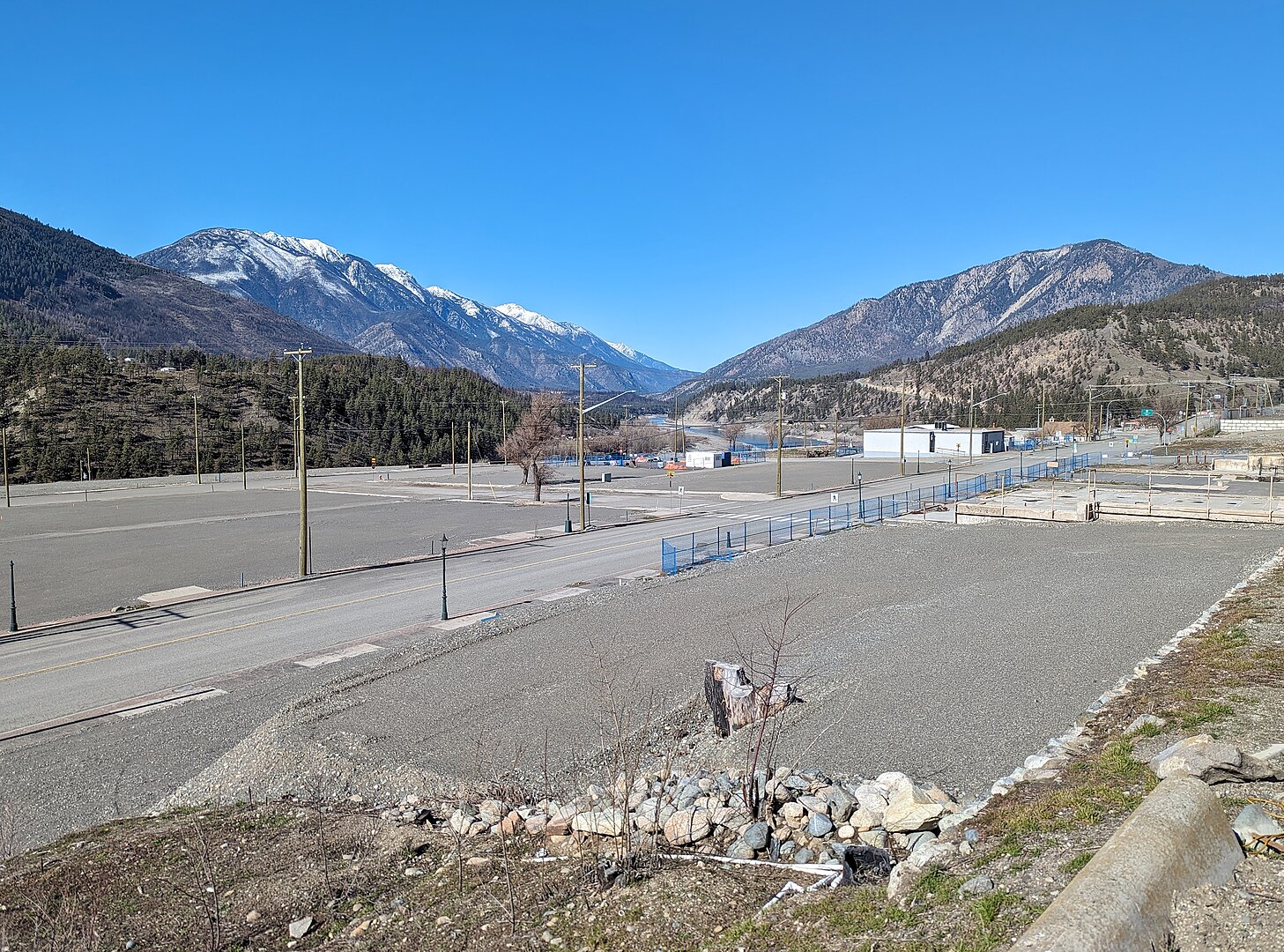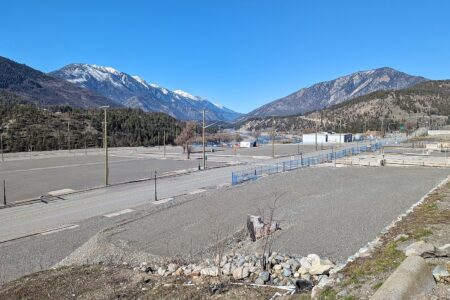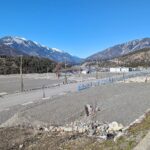EDITORIAL: BIG OIL – TO SUE OR NOT TO SUE, THAT IS THE QUESTION
On Monday January 13, Rossland City Council will consider a request to join in a proposed class-action lawsuit by municipalities against some of the largest oil companies, to recover some of the municipal costs of climate change. Several BC municipalities have already committed to joining the lawsuit.
In the Council materials, Rossland City Staff state that in order to join the lawsuit, in addition to pledging $4,140 (one dollar per resident), Rossland would have to:
“Request Staff to report back to Council on the available information regarding how much climate change has increased, or is expected to increase, costs to the municipality and its residents including for the management, maintenance and upgrading of municipal infrastructure.
“At this time, specific work on this front is not planned for in either current budget or workload forecasts. As such, if Council were to approve any items with respect to above, additional resources totaling approximately $15,000-$20,000 is likely to be required at a minimum starting point (and would need to be further reviewed to ensure adequate funding is in place tocarry out this initiative in an appropriate fashion).”
With respect, I disagree that this Council would need to ask Staff for detailed information about now much climate change has increased, or is expected to increase, costs as stated above, in order to initiate participation in this class-action lawsuit.
Insurance companies have already done a great deal of analysis of the additional costs of climate change to municipalities. For the purposes of a class-action lawsuit, that analysis may serve. If not, the need for detailed information would not happen for a long time yet, if ever.
Besides, how can one quantify costs of events that are increasingly likely but might not happen to a particular municipality? How long would it take to calculate the costs to Lytton of the 2021 wildfire that destroyed most of it? How much did it cost Fort McMurray to be largely burned?
What has been the effect of various extreme weather events on the cost of insurance? The obvious answer is, the cost is going up. A less obvious answer is that some areas may be unable to get insurance at all.
Some of the costs include increasing the capacity of municipal infrastructure to handle the much larger demands posed by more frequent extreme weather events – extremely heavy rainfall and resulting floods, requiring larger-capacity storm-water management; increased frequency and duration of droughts, placing additional demands on water systems; increased likelihood of larger and more intense wildfires; increased likelihood of extreme wind events such as hurricanes and tornadoes.
As the materials in support of the lawsuit acknowledge, we are all responsible for climate change; and “asking companies to bear some of those costs is not about blaming the industry or denying individual responsibility – it’s about acknowledging our shared responsibility.”
Arguably, the oil companies bear a much larger burden of responsibility because they had prior knowledge and yet acted against the global public interest. From the materials:
Chevron, Exxon Mobil and other fossil fuel companies knew in the 1960s that their products would cause devastating climate impacts around the world. Still, they:
• funded and participated in misinformation campaigns designed to mislead the public (consumers) on climate science;
• failed to use the patents they held for solar, wind and low-emission vehicle technologies (among others) that could have offered consumers less-polluting choices;
• lobbied against laws and international agreements to fight climate change.
If Council agrees to join the lawsuit, it may still not proceed; the first step in a class-action lawsuit is to have the lawsuit certified by a judge – a judge must agree that the lawsuit is suitable and justified as a class-action suit.
Once it is certified, the class of plaintiffs would include Rossland. Rossland would not need to hire its own lawyer; the class of plaintiffs would do that.
Some local residents may have joined in a class-action lawsuit against Facebook for unauthorized use of names and images. I was one; I did not have to pay anything, and eventually, I received a payment of a little over $30. How much additional cost would there be to Rossland if Council decides to join the class of plaintiffs? That’s an unknown at this point , but just joining would provide value.
Part of the value would be in adding pressure on oil companies, and further raising public awareness of facts affecting us all that oil companies have striven to suppress. And, of course, a successful outcome could result in Rossland receiving funds to help deal with some of the additional costs mentioned above.
Rossland, to the credit of our Staff and Council, has already incurred costs creating and implementing climate change policies, programs and action plans. Those actions cost money.
Unfortunately, there is some reluctance to engage in the class-action lawsuit, because some feel that it is not a municipal responsibility — that only provincial and federal governments should take such action, and that municipalities should “stay in their lane” and restrict themselves to urging action on “higher” levels of government.
To me, this is a specious argument – municipalities have suffered and will suffer further costly damage from the actions of oil companies, and should therefore be able and willing to band together and take action to receive compensation for it. Expecting provincial or federal governments to do it is tantamount to saying, “oh well, it doesn’t matter, let’s just sit back and pay all that money for all the extra work we do to adapt and mitigate for climate change, and just keep pumping money into the oil companies’ profits.”
Never forget how much our federal and provincial governments continue to subsidize fossil fuel companies, and that those companies have powerful lobbyists. The likelihood of the federal or any provincial government suing any fossil fuel company on behalf of municipalities is absolutely non-existent, by my calculations.
For a brief but worthwhile read, click this link:
https://www.theguardian.com/commentisfree/2025/jan/10/climate-crisis-billionaire-class

























